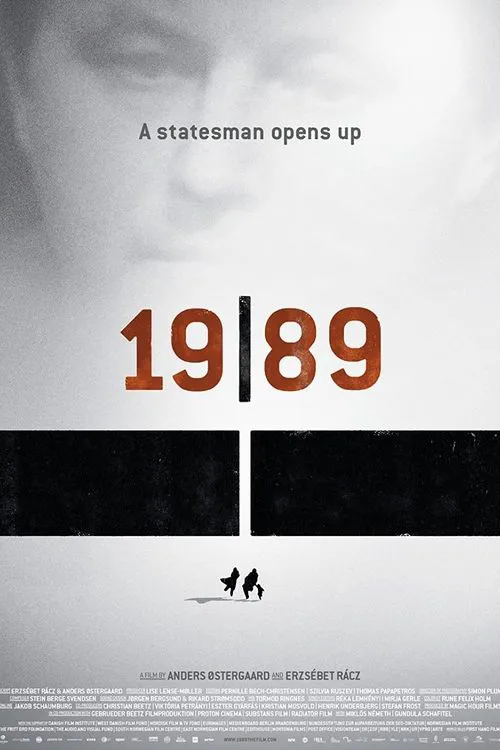1989

Trama
The film '1989' takes audiences on a captivating journey through the pivotal events of 1989, specifically focusing on the crucial role played by Hungary in the collapse of the Berlin Wall. Directed by Anders Østergaard, this investigative documentary sheds light on the lesser-known yet decisive moments that paved the way for the dramatic changes that swept across Eastern Europe. It all began in Hungary, where a growing sense of restlessness among its citizens was becoming increasingly difficult for the communist government to ignore. The once-hermetic border, which had sealed Hungary off from the West for decades, was on the verge of being breached. Through a combination of interviews with key figures, along with meticulously researched archival material, Østergaard delves deep into the inner workings of Hungary's politics to uncover the events that shaped the course of history. One of the primary figures responsible for these historic developments was Imre Pozsgay, a Hungarian politician with an insatiable desire for change. In an exclusive interview, Pozsgay shares his personal account of the turbulent years leading up to 1989, revealing the inner struggles and power struggles within the Hungarian government. Pozsgay's candid recollections humanize the often-abstract concept of politics, allowing viewers to better understand the complexities and nuances of the time. A critical aspect of the film is its ability to meticulously recreate the events of 1989. Østergaard's approach to storytelling is multi-layered, incorporating a mix of interviews, archival footage, and reconstructed scenes to bring viewers deep into the secret meeting rooms where pivotal decisions were made. The attention to detail is remarkable, as if viewers are experiencing these events firsthand. One of the standout aspects of '1989' is its portrayal of the complex relationship between Poland and Hungary. The former, under the courageous leadership of Solidarity leader Lech Walesa, was already making strides towards democratization. This, however, posed a significant challenge to Hungary, as Poland's growing strength threatened to expose the vulnerabilities of Hungary's own system. Østergaard skillfully weaves these intricate dynamics, highlighting the delicate balance of power that existed at that time. Through extensive research, Østergaard also delves into the inner workings of the communist party, exposing the factional divisions and ideological debates that plagued Hungary's ruling elite. One figure who emerges as a fascinating character is János Kádár, a key figure in Hungarian politics who struggled to maintain the fragile balance of power within the party. The most compelling moments in the film, however, come from the firsthand accounts of ordinary Hungarians who lived through those transformative years. Interviewees like Ferenc Mádl, a former student leader, share their experiences of living under a repressive regime and their hopes for a brighter future. Their stories humanize the abstract concept of revolution, revealing the personal struggles, frustrations, and fears that people faced during this tumultuous period. One of the most striking aspects of '1989' is its ability to balance objectivity with emotional resonance. By employing a mix of interviews, archival footage, and reconstructed scenes, Østergaard creates a compelling narrative that engages viewers on both an intellectual and emotional level. At the same time, the film's investigative approach ensures that the events of 1989 remain firmly grounded in reality. Ultimately, '1989' is a testament to the power of human resilience and determination in the face of seemingly insurmountable obstacles. Through its meticulous research and engaging storytelling, the film sheds light on the previously unexplored events that paved the way for the dramatic changes of November 1989. By recreating the inner workings of Hungary's politicians and sharing the personal stories of ordinary Hungarians, Østergaard creates a gripping narrative that not only educates viewers but also inspires reflection on the enduring power of the human spirit.
Reseñas
Recomendaciones



